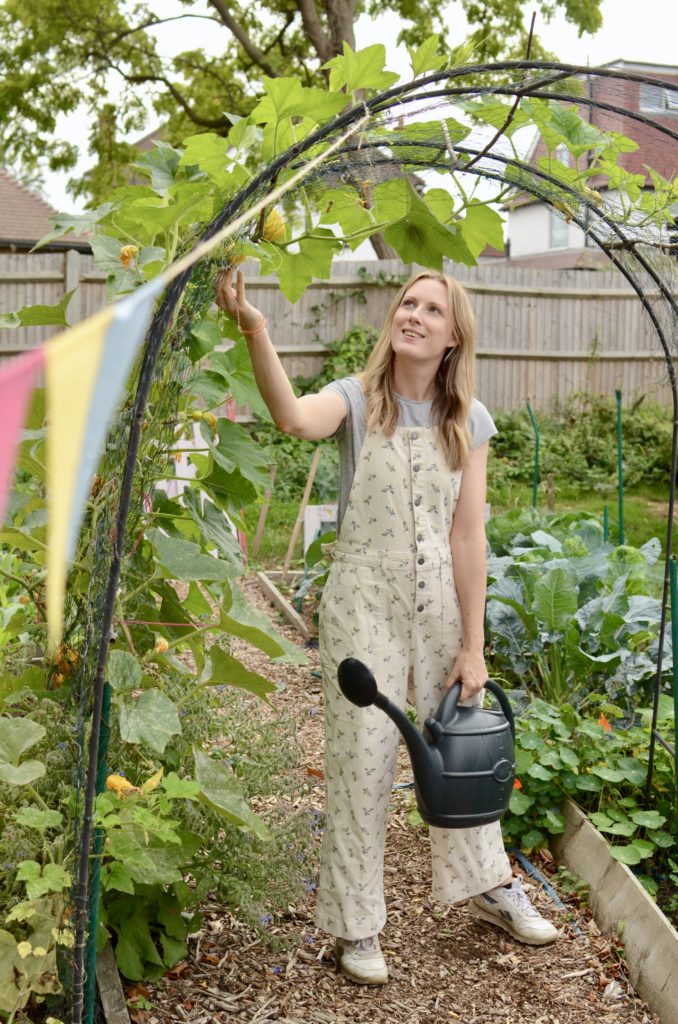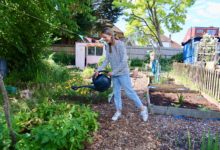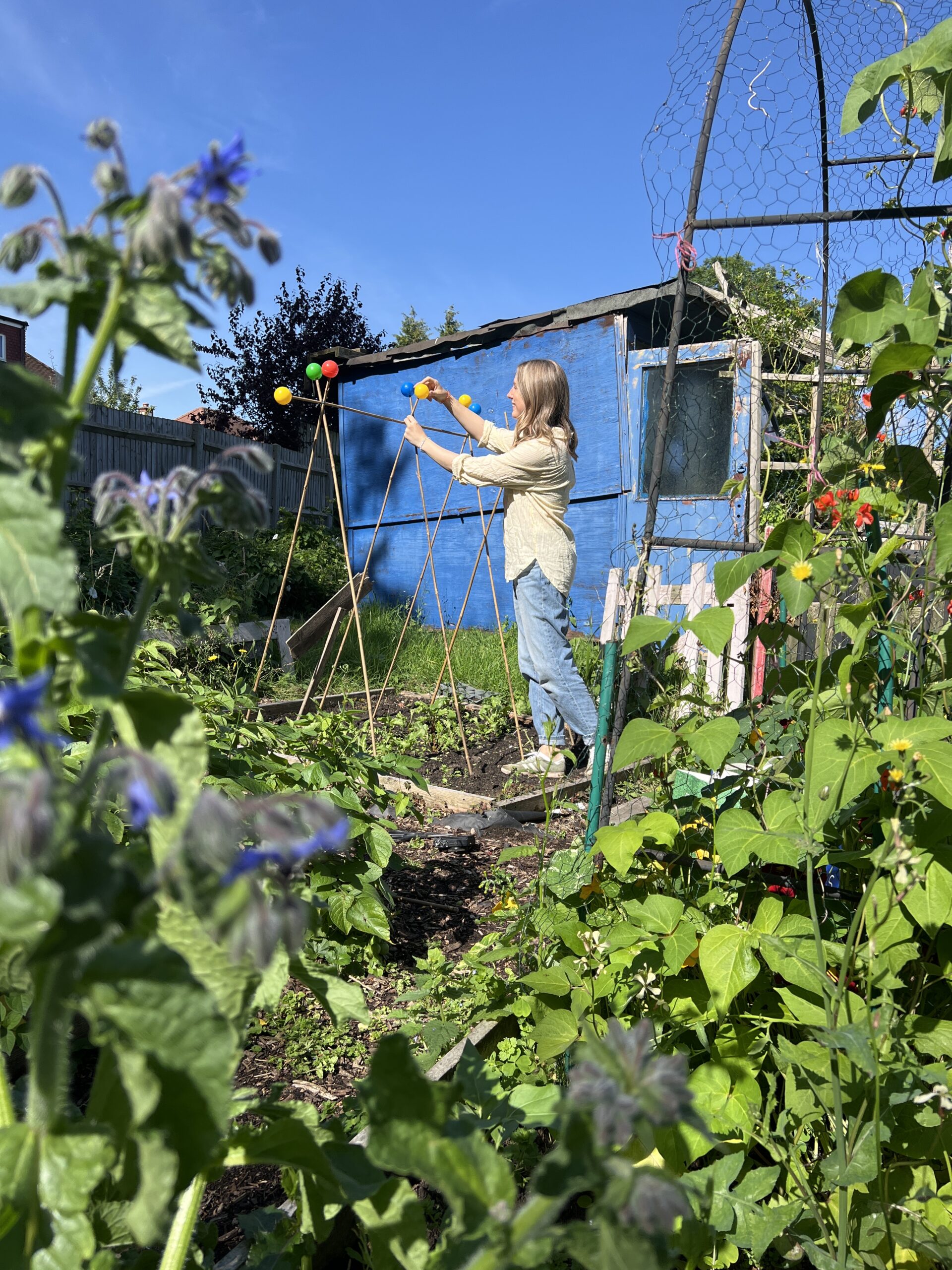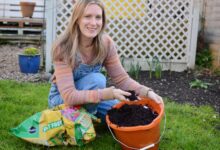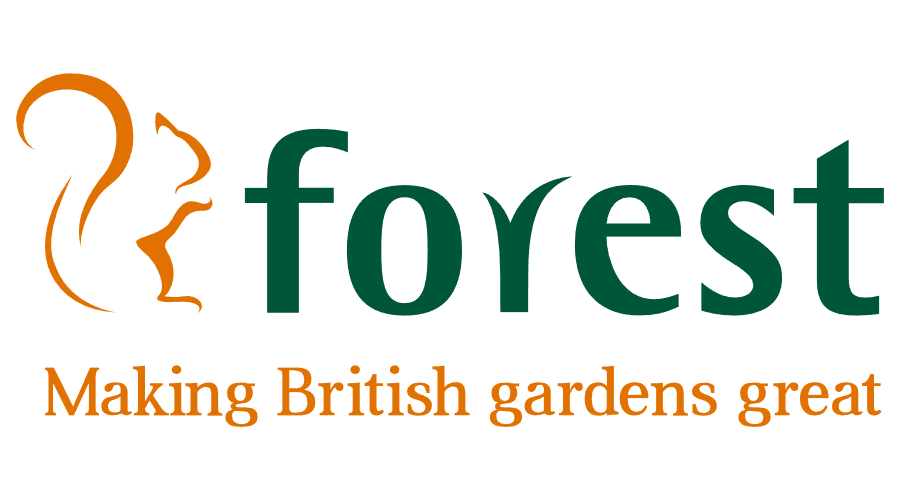This is my fourth year on the allotment plot and I’ve realised that there is always more to learn about growing your own food. By the end of the growing year I always feel good, like I’ve not only grown some amazing crops but I’ve also grown as a gardener. However, as soon as Spring comes around again, I’m back to feeling like an absolute beginner!
There are so many lessons to be learnt in the garden. Some of them are practical lessons, some of them more philosophical. Here are 5 lessons I’ve learned from the allotment this year:
5 LESSONS I’VE LEARNED FROM THE ALLOTMENT
- Early protection is key.
I think I’ve learned this lesson now! Protecting your crops early is always the best thing to do if you actually want to harvest some crops for yourself. So putting up netted structures over brassicas before planting out the crops, laying out slug deterrents at the same time as sowing seeds and even putting up that scarecrow while your peas are still young!
It’s so disheartening to find all your crops eaten by a group of ravenous slugs before you could even give them their first water! It can make it all feel very pointless and once you lose that motivation, your allotment plot dream can really suffer.
So one lesson I’ve really taken away from my allotment is to protect everything early and not rely on luck! Also, the truth is there are times when I have to be away from my allotment plot for longer than I intended. Maybe something work related has come up last minute or perhaps one of my children fall ill. Suddenly, my crops are left for a long time, completely unprotected and of course, that’s when they all get eaten! Never assume you will be there to catch every bird, slug and fox yourself. Get that protection up early!
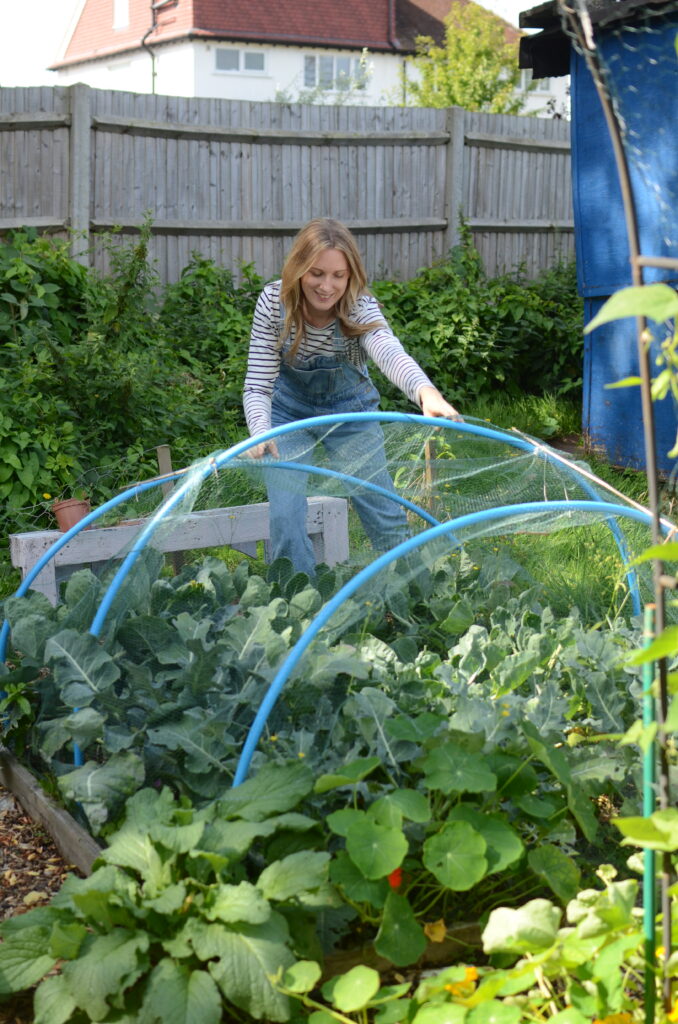
2. No two years on the allotment are the same.
Another big lesson I’ve learned from my allotment is that no two years on the plot are the same. Some years crops grow really well, but the next year they might struggle to get off the starting line! No matter how much you mulch, protect and smother your crops with love, some years they just don’t grow.
With our ever changing climate, the conditions at the allotment plot are never the same each year. Some years we have a warm spring, but other years spring is cold or wet or dark and cloudy. All of these factors can massively impact the way the allotment plot performs.
Also, I’m never the same each year either! I can’t completely blame the plot for the difference in performance from year to year. One year I might be super eager to get started and whack in everything super early. Other years, I feel a little slower and start things later. Again, this massively impacts on how the plot performs. And that’s ok!
Change is inevitable in a garden. It’s one of the biggest lessons we can learn from our outdoor spaces. Change is the only constant in a garden, the only thing you can truly rely on. It’s both comforting and terrifying at the same time! When things are thriving and everything is looking lush and green, you want it to stay the same. So the thought of things changing and dying back is slightly terrifying and sad. But when crops are struggling or the weather is being particularly troublesome, the thought that change is coming is comforting and exciting. Change. The only thing you can do, is embrace and accept it.
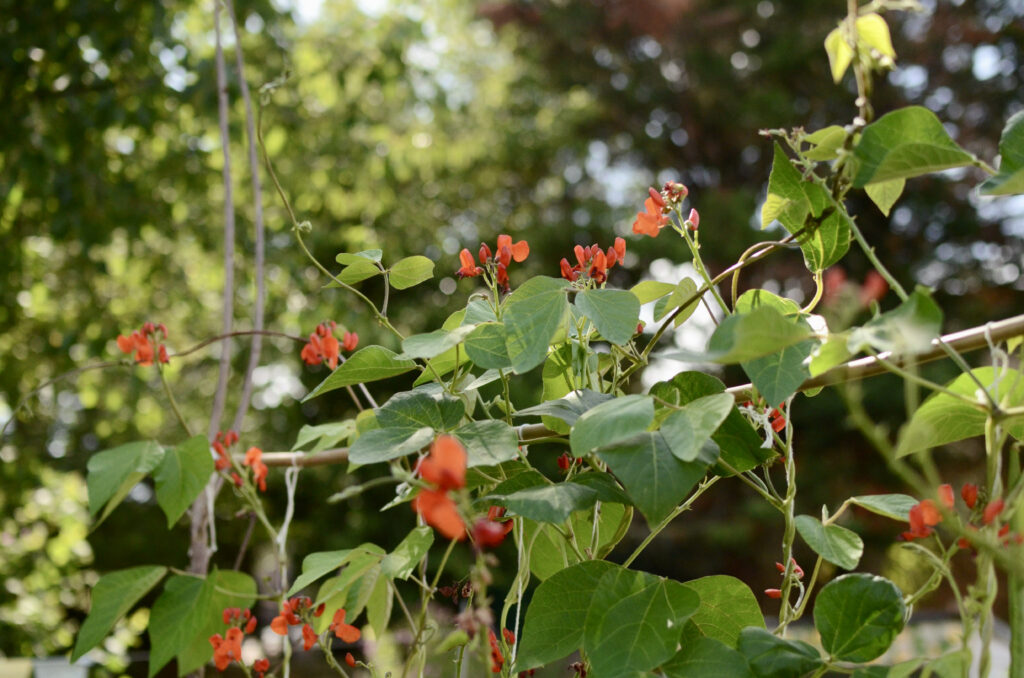
3. It’s ok to take a break.
This is one of those allotment lessons that also doubles up as a bit of a life lesson too! Garden lessons are like that.
It’s ok to take a break from the garden. Even in the height of summer, when the weeds are trying to take over the world and crops are at their most neediest. It’s always ok to take a step back and drop that big basket of jobs you’ve been carrying around with you.
There are things you can do to limit the impact that taking a break from the allotment with have on your crops and hard work. For example you can give everything a good weed and mulch before leaving to try to lesson the amount of weeds that will grow while you’re away. You can use upturned water bottles around vulnerable crops that might dry out quickly in the hot sun. You can even cover vulnerable seedlings with a roll of chicken wire to deter cats or foxes from digging in the beds.
Ultimately, if you feel like you need to take a break from your allotment then that’s exactly what you should do. Allotment burn out is real and I’ve seen so many people walk away from their plots and never return again, after putting in hours and hours of work in early spring.
Regular breaks are probably the best way to do it. I go to my allotment 3 times a week for a few hours at a time. This leaves me lots of time inbetween to do other things or explore different hobbies. Usually, that’s enough for me. Recently, however, I’ve felt I needed a longer break. So I walked away from my allotment for a week and a half, the longest I’ve ever left it at the height of summer. There were a few weeds, but honestly everything really thrived while I was gone! Maybe that’s a sign that I fiddle about with my crops too much!
So take a break if you need it. Get back that motivation and don’t give up on your plot forever. Breaks are important.
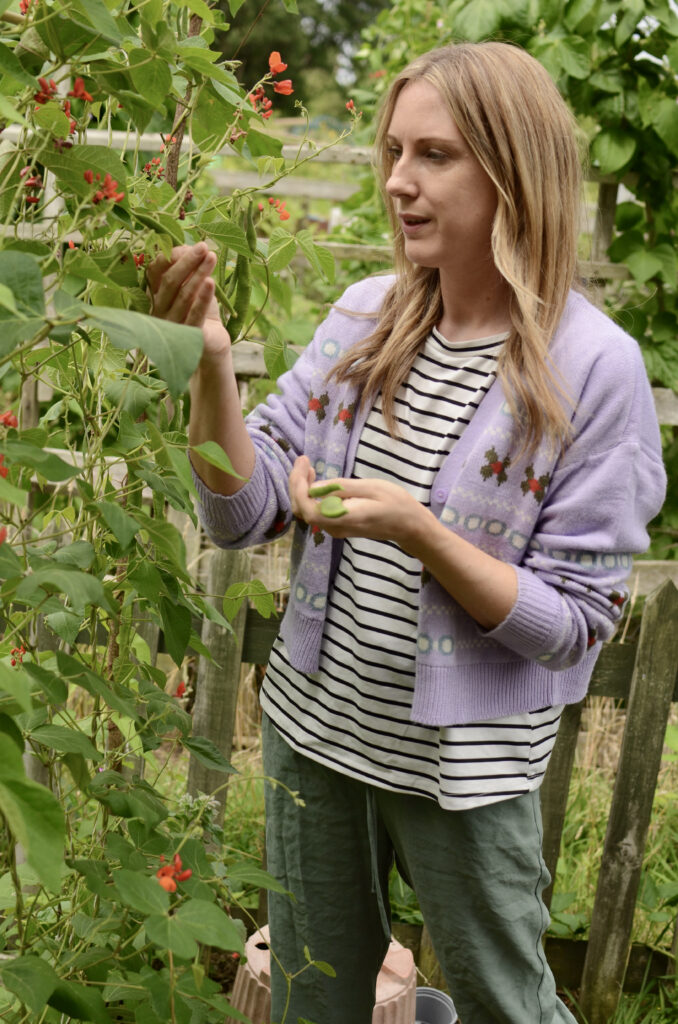
4. Even if slugs eat your crops, it’s still an amazing feeling to grow it!
This was a weird and unexpected lesson from my allotment plot this year. I realised it when I was harvesting a completely munched cauliflower. Even though the crop was completely destroyed and couldn’t really be eaten, it was still so amazing to think that I had grown it from a seed!
I still get excited and amazed by seeds. Brassica seeds in particular are so small! They remind me of coffee granules and I always struggle to sow them thinly because they just fall out of my hands in clumps! However, the grow into absolutely huge and delicious crops! Every year I underestimate how big brassicas grow and end up having to cut back leaves to give them all the space they need to grow.
I love that I still get so excited when I successfully grow a crop. The gardening bug is very real and once it bites you, it hooks you in for life. That feeling I get when I open a new pack of seeds is unparalleled with anything else. I love growing so much that I don’t even care if a slug gets to it before me. Because I’m just so thrilled that I actually managed to grow it!
To be fair, even if a slug eats it before me, I’m still the one who has taken the time to grow it. If it wasn’t for my hard work and commitment, that slug wouldn’t be eating that delicious cauliflower for his breakfast.
So if any slugs are reading this, you’re welcome!
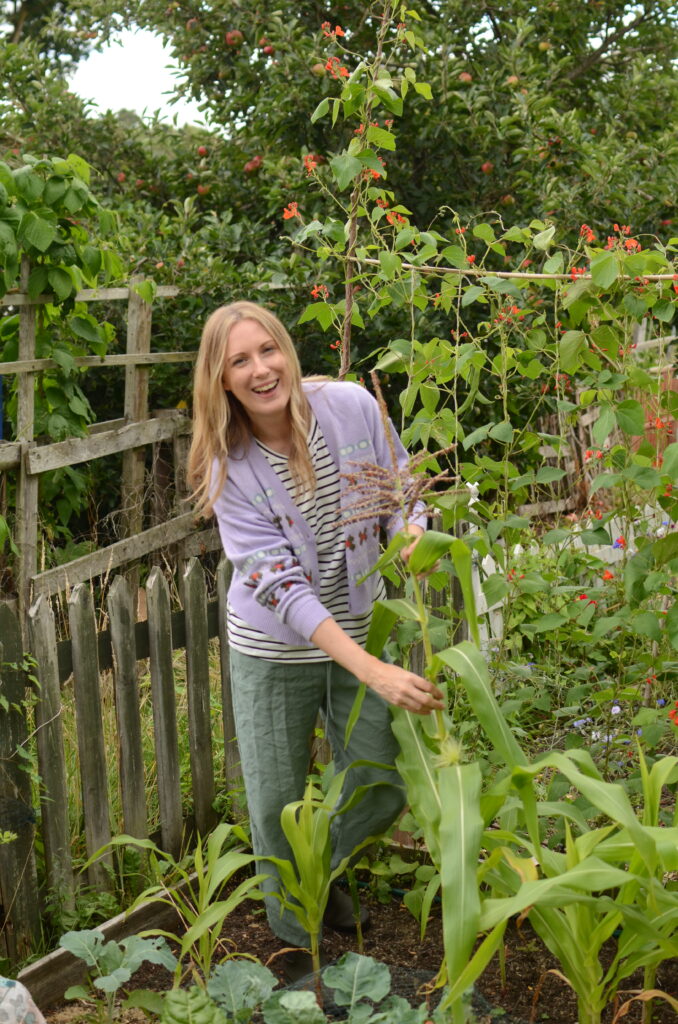
5. Allotment gardening takes a lot of time and commitment.
I think this is one of the biggest lessons from my allotment that I’ve learned over the last year. Allotment gardening takes time and commitment. You can’t expect to rock up once or twice a year and grow successful crops. You have to put in the time and the work in order to produce a successful harvest.
For me, the time that goes into an allotment plot is welcome. I love that it takes hard work and I love the fact that it’s not always easy to grow my own food. Nowadays there are so many things that offer instant results. Social media gives us that instant hit of dopamine. Ready meals give us an almost instant meal to eat… so much in life right now is set up to give us that instant result.
So the fact that the allotment garden takes so much time and hard work is a welcome change. It forces me to slow down and teaches me the importance of staying motivated. I like that a lot of the jobs you do in an allotment plot are done months in advance. You mulch beds in Autumn so that in the Spring time, they will be rich in nutrients. You plant bulbs in Autumn with no results until months later when the weather is warmer and the sun stays out for longer. And don’t get me started on purple sprouting broccoli and sprouts that take 10 or even 11 months before giving you a crop!
Slowing down, staying on track with longer term goals and keeping motivated are difficult skills to master. Especially in a world that is always so geared up towards instant success. The allotment teaches me all of those things and for that reason it’s become such an important part of my life. And a part I am very grateful for!
What lessons has your allotment plot taught you this year?


